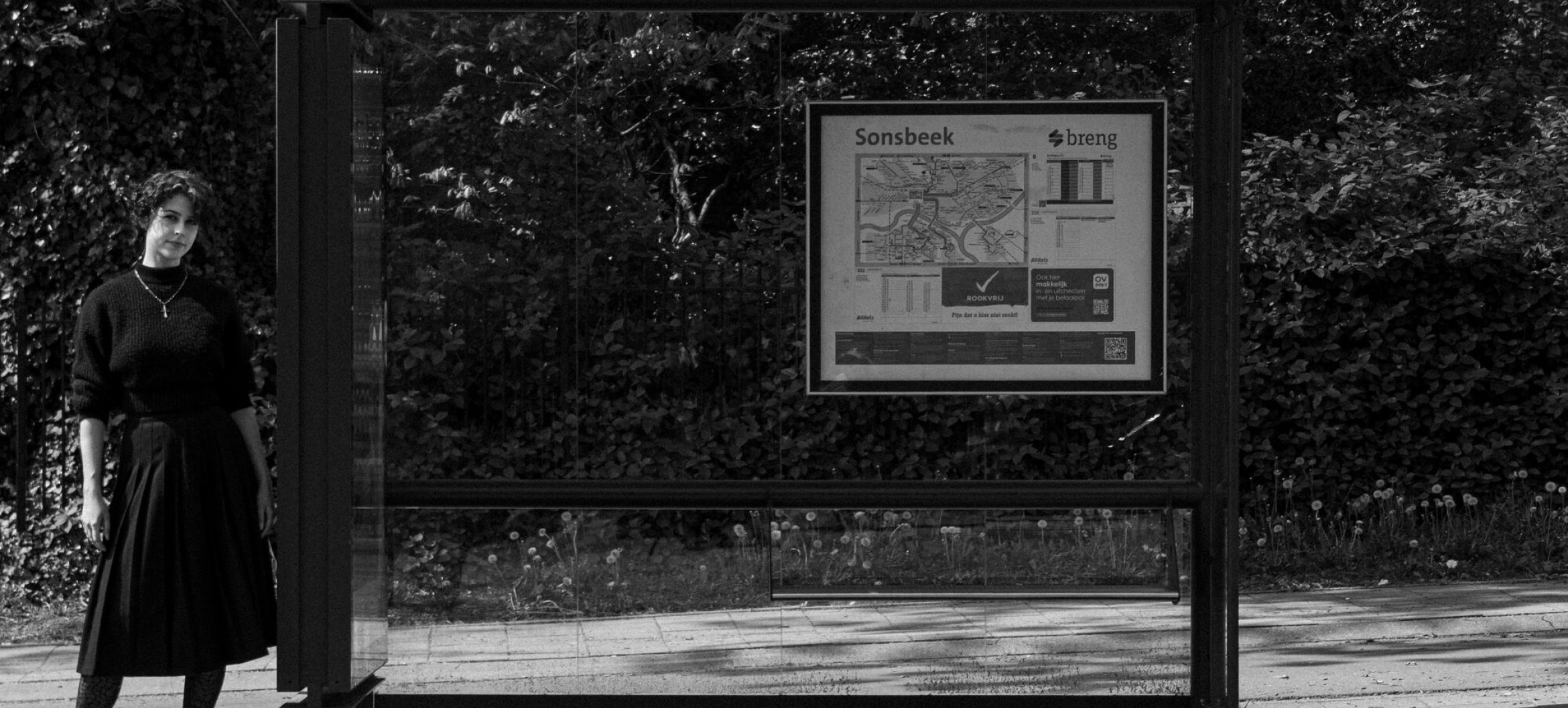Alicja Strzeszewska

2025
Alicja’s practice begins with the mind-body problem: is consciousness separate from the body, or are we indistinguishable from the physical forms we inhabit? This philosophical inquiry underpins her exploration of how technology reshapes the human condition—no longer merely external tools, machines now increasingly merge with the body itself. In the 21st century, the body is becoming obsolete, its functions outsourced, replaced, or enhanced. A pacemaker takes over the heart’s rhythm. Hormonal implants rewrite the body’s natural cycles. Neural interfaces promise to blur the boundary between thought and machine. To Alicja, the body is no longer a closed biological system but a malleable material—subject to intervention, control, and transformation. Her work interrogates this shift, treating the body not as a sacred vessel, but as a site of technological entanglement and speculative reinvention. In her graduation work, Alicja explores the expanding human capacity to manipulate and reconfigure living matter. From lab-grown meat to synthetic brains, she contemplates the ethical and philosophical boundaries of bioengineering. Her silicone-based, flesh-like sculptures pulse, move, and respond—visceral forms that evoke life without sentience. These flesh-creatures cannot consent to their creation, much like lab-grown tissues have no voice in their own animation. Their display as objects of curiosity or entertainment reflects a deeper critique: the human desire to play god. We now sculpt flesh, activate genes, and fabricate life forms beyond natural evolution, creating beings caught between the living and the artificial. Alicja’s work poses unsettling questions: At what point does synthetic life attain meaning? What responsibilities arise from creating forms that mimic the living? Where does this god-like authorship lead us—and what, or who, might we leave behind? In a speculative future where humanity sheds its organic “meatsuit” in favor of digital consciousness and mechanized perception, flesh may come to feel alien—an obsolete relic of a former existence. Alicja’s installation reflects on this potential rupture by presenting flesh-like forms that mimic the aesthetic of human anatomy yet remain fundamentally different. Lacking sentience, these creatures are stripped of agency, reduced to objects of spectacle. They are allowed to live, but only under human control—observed like specimens in a cage, animated for entertainment. Through this disquieting display, Alicja examines the ethics of disconnection: what becomes of flesh once we no longer identify with it?
Artist statement
Alicja Strzeszewska is an interdisciplinary artist exploring the intersection of the human body, biotechnology, and posthumanism. Her work reveals the intricate systems within—organs, flesh, and synthetic alternatives—questioning the boundaries between organic and artificial. Inspired by speculative fiction and technological advancements, Alicja investigates the commodification of the body and the ethics of using flesh as material. Her interactive installations breathe, pulse, and blur the line between human and machine. By integrating synthetic materials and technology, she reimagines the body as an evolving entity, challenging perceptions of bodily autonomy and the future of human experience.
This page was last updated on July 7, 2025